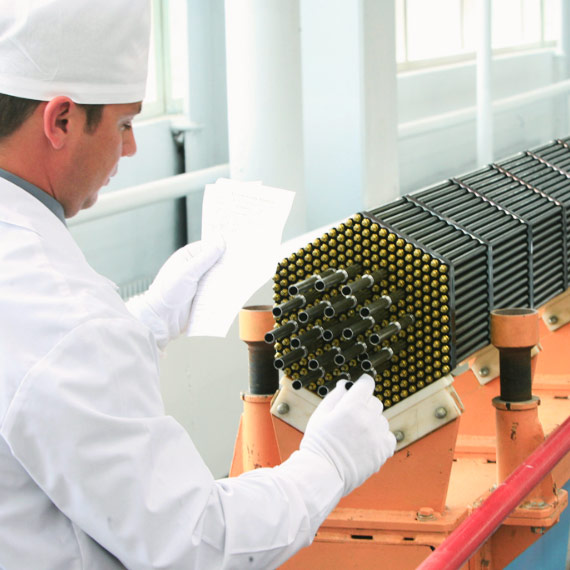Lecturer and Senior Lecturer Role Descriptor
What we’re looking for – Lecturer
You will be able to:
- Independently carry out mathematics research and show clear evidence of beginning to develop a strong track record of excellence in research, teaching and external engagement.
- Demonstrate promise for publishing in internationally leading Mathematical Sciences journals and have creative ideas for obtaining external research funding.
- Show evidence of a commitment to translating foundational mathematical discoveries into real-world solutions through partnerships outside the academic sector, and the ability to instigate new collaborations with researchers in other disciplines and with non-academic organisations.
- Contribute to the development and delivery of a range of mathematics courses and be passionate about fostering the next generation of mathematicians through the supervision of Undergraduate, Master’s and PhD students, and Post-Doctoral Researchers.
What we’re looking for - Senior Lecturer
You will have:
- A track record of excellence in research, teaching and external engagement, and the potential to deliver scientific leadership, including the mentoring and supervision of early career researchers.
- Published in internationally-leading Mathematical Sciences journals, and will be able to evidence securing external research funding
- An evidenced commitment to translating foundational mathematical discoveries into real-world solutions through established partnerships outside the academic sector.
- Experience of developing new collaborations with researchers in other disciplines and with non-academic organisations.
- Evidence of contributing to the development and delivery of a range of mathematics courses at various levels and experience of supervising PhD students. You will be passionate about fostering the next generation of mathematicians through leadership and teaching of mathematics programmes.
Salary is £46,735 to £55,755 (Lecturer); £59,139 to £66,537(Senior Lecturer).
These are full-time, indefinite posts and flexible working arrangements will be considered.








